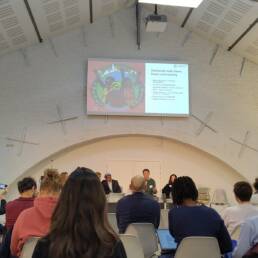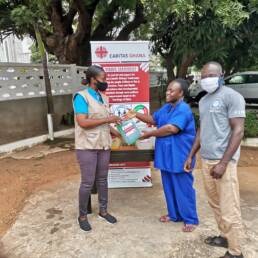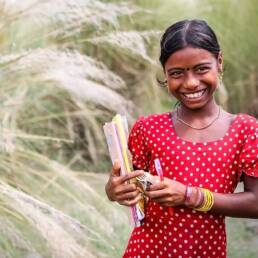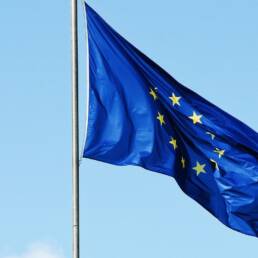Author
Leticia Lozano
Communication Officer
Caritas Europa
For the first time, Caritas hosted a panel discussion at the European Development Days, the largest forum of its type worldwide.
“Migrants’ contributions to the global north” was the title of the panel held on June 19, hosted jointly by Caritas Europa and Caritas International Belgium.
These speakers showed a variety of perspectives on the topic:
- Jean-Michel Lafleur, from the University of Liege
- Marie-Chantal Uwitonze, president of the African Disapora Network-Europe (ADNE),
- Sohaib Alaaraj, Intercultural Mediator at Caritas International Belgium
- Agata Sobiech, from DG DEVCO (Unit B3: Migration and Employment)
The panel was moderated by Karen Mets, Senior Advocacy Adviser for Asylum and Migration at Save the Children; and introduced by Shannon Pfohman, Caritas Europa Advocacy Director, who framed this lab debate in the realm of the MIND project.
Migrants’ contributions
Lafleur presented the Belgian report, one of 11 of Caritas’ Common Home national publications. He highlighted that it introduces “new data that has never been shown in Belgium”.
We need to change our perspective and make our migration policies more based on evidence than on ideology.”
Jean-Michel Lafleur, co-author of the Belgian Common Home report

Marie-Chantal Uwitonze emphasised that migration from the global south has the most positive impact on the Belgian economy. One example, she said, is by reducing the costs of trade transactions between the global north and south. “As diversification of our migration increases so does our ability to do trade with the rest of the world,” she said.
Sohaib Alaaraj, who arrived as a refugee to Belgium seven years ago, explained the importance of cultural mediation to help arriving migrants properly settle in their receiving community and then develop their full potential to contribute to the Belgian society.
Finally, Agata Sobiech gave an overview of a variety of ongoing pilot projects on circular migration, aimed mostly at sourcing labour from outside the EU for specific purposes and timeframes.
Putting these projects aside, she said, in the EU some 3.1 million first time permanent residence permits were issued in 2017, an increase from the previous year.
“There’s still a considerable number of people coming in, with or without pilot projects,” Ms Sobiech said.
After taking some questions from the audience, ADNE’s president summarised a main conclusion from the exchange by highlighting the importance of integrating migrants into European societies:
The cost of not integrating migrants would be high; it is up to Europe to choose.”
Marie-Chantal Uwitonze, President of ADNE

For Caritas, it is essential not only to invest in creating welcoming societies, but to also start recognising the many contributions migrants make to the global north, which is just one of several objectives of the MIND project.












